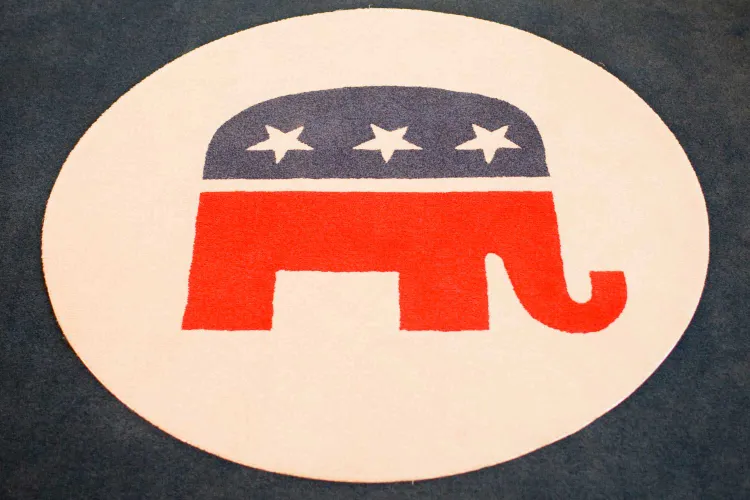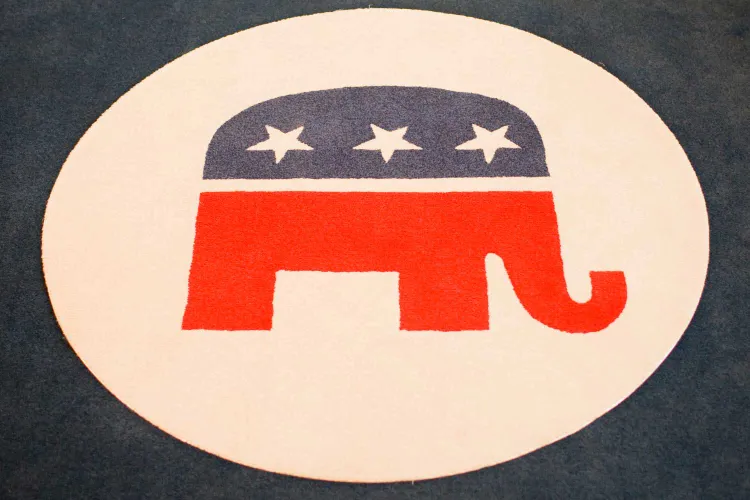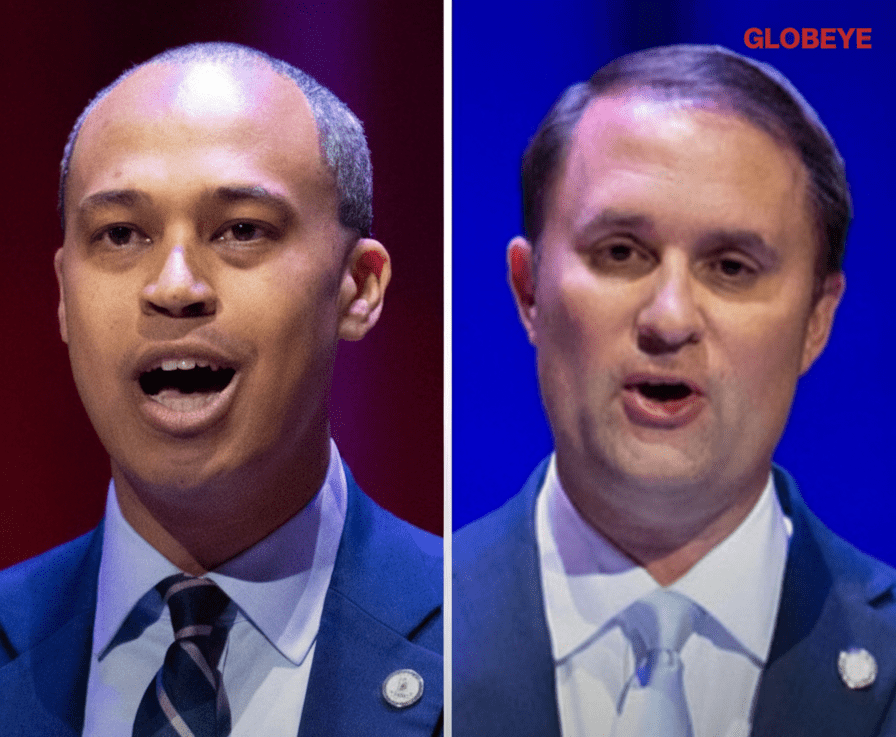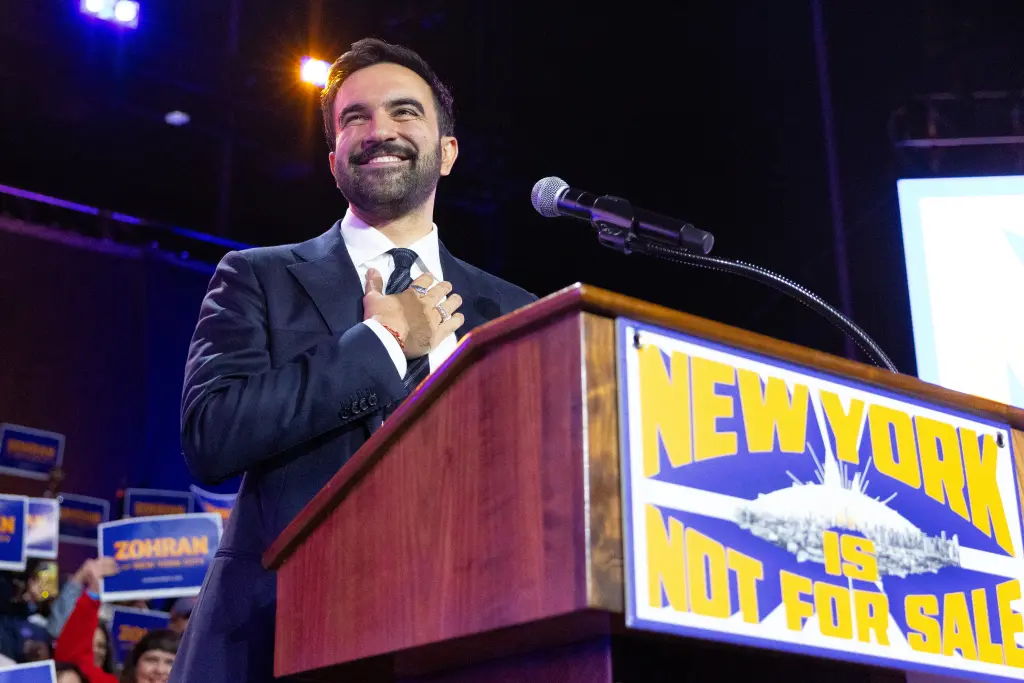Explosive Report Reveals Alleged Messages Among Young Republican Leaders Containing Jokes About Rape, Slavery, and Gas Chambers
A shocking new report from Politico has revealed the existence of thousands of offensive and disturbing messages allegedly exchanged between members of various Young Republican chapters over a seven-month period. The conversations, which were reportedly shared through a private chat platform, included jokes about rape, slavery, and even gas chambers — language that has since sparked widespread outrage and deep concern about the culture inside certain circles of the youth wing of the Republican Party.
According to Politico, the publication obtained direct access to hundreds of screenshots and transcripts shared within multiple local and state-level chapters, revealing a pattern of hateful, discriminatory, and deeply inappropriate content. The chats were described as casual, yet graphic, often framed as “jokes” or “banter” among the members. In some instances, participants allegedly mocked marginalized communities and referenced historical atrocities in a way that many are calling “deplorable” and “morally indefensible.”
The revelations have sent ripples through Republican circles across the country. The Young Republican National Federation, an organization that has long sought to engage younger conservatives in political advocacy, is now facing mounting pressure to respond. Critics are demanding accountability, calling for internal investigations, suspensions, and public condemnation of anyone involved. “This isn’t about politics,” one conservative strategist told Politico. “This is about human decency. Anyone comfortable joking about violence or oppression doesn’t belong in leadership.”

The chats reportedly occurred between early 2024 and mid-October 2025 and involved members from several chapters in key states. While some users reportedly pushed back against the offensive language, many others either encouraged it or laughed it off. The report notes that moderators of the group chats failed to intervene, allowing the behavior to continue unchecked.
Party insiders say this latest scandal risks damaging the Republican Party’s ongoing efforts to rebrand itself for younger voters. “This generation is supposed to be the future of the movement,” said a senior party official who spoke anonymously. “Instead, we’re now dealing with headlines that suggest parts of our youth organizations are toxic and out of control. It’s embarrassing, and it hurts everyone trying to move the party forward.”
Several state-level Republican leaders have already begun issuing statements distancing themselves from the individuals involved, while others have called for a “zero tolerance” policy on hate speech within party-affiliated groups. The Young Republican Federation itself released a brief statement acknowledging awareness of the allegations and promising a “thorough review” of the matter. However, critics argue that the response so far has been too vague and too slow.
For many, the story underscores a broader challenge facing political movements on both sides of the spectrum — the behavior of younger members in private online spaces that often reflect poorly on their organizations. In today’s hyper-connected world, where screenshots spread faster than official statements, even so-called “private” conversations can quickly become public scandals.
While it remains to be seen what disciplinary action, if any, will result from this controversy, one thing is clear: this report has ignited a national conversation about accountability, leadership, and the responsibilities of young people in politics. The GOP now faces the difficult task of repairing its image and reaffirming its values at a time when the eyes of the nation are watching closely.
“This is a moment for reflection,” a Republican advisor said. “Politics can’t excuse cruelty. If you want to lead, you have to start by respecting the people you represent.”
The Politico report continues to trend across social media platforms as both Republican and Democratic voices call for transparency and accountability from within. For many, it’s not just a political story — it’s a moral one, forcing a hard look at how the next generation of political leaders chooses to use its voice.



